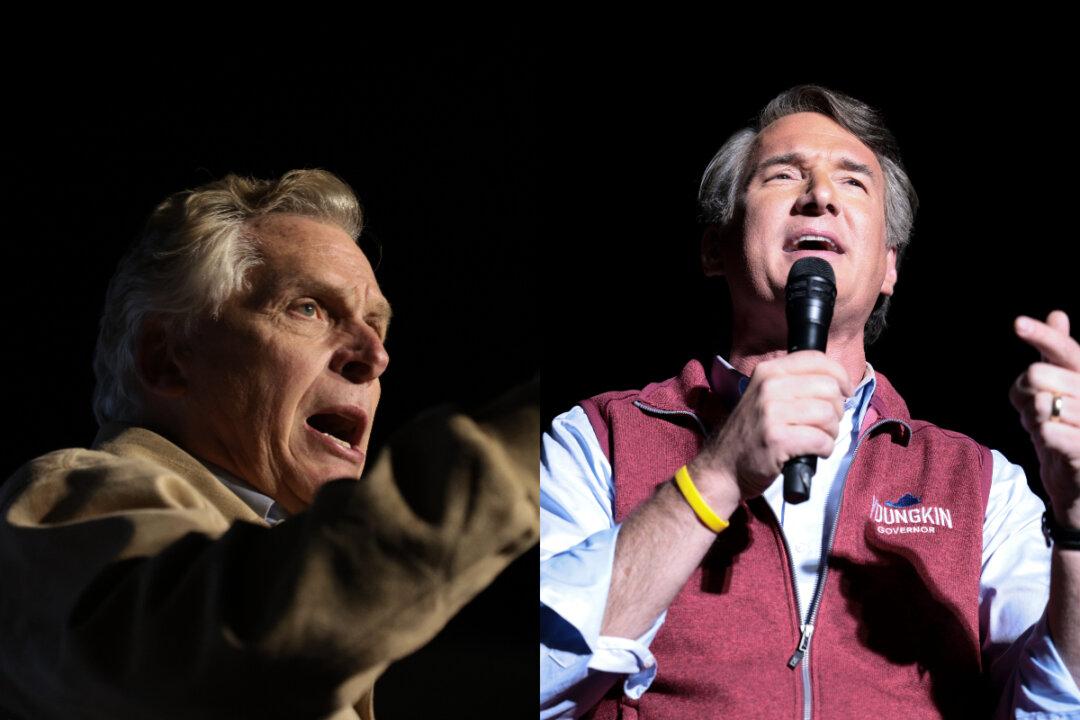Virginians are heading to vote on Nov. 2 for their next governor.
Polls opened at 6 a.m. after early voting numbers set a new record.


Virginians are heading to vote on Nov. 2 for their next governor.
Polls opened at 6 a.m. after early voting numbers set a new record.